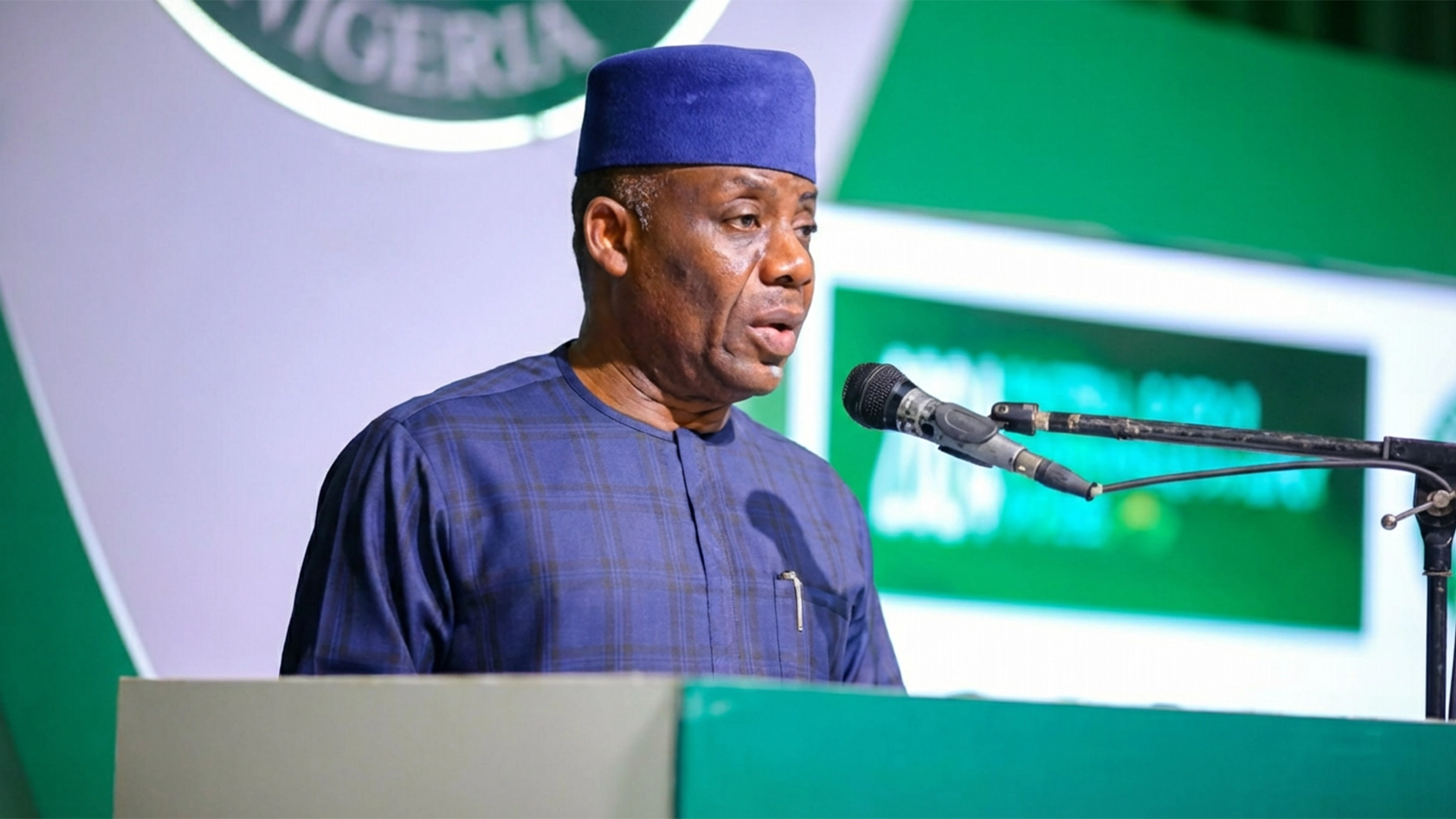
The report that the House of Representatives has taken delivery of another batch of cars ordered for its 360 members cannot but trigger in the consciousness of an already blasé Nigerian public the insensitivity of the very officials they elected to serve the public interest and pursue the common good. If additional proof was ever required that Nigeria’s public officials are, generally, more concerned – some would say obsessed -with self-interest, that they would pursue this interest first and above any other, and that this would be, regardless of the feeling and the opinion of the very public they are meant to serve, the 260 cars –with 100 more expected- is that proof. This is just too shameful.
The obsession of legislators with exotic cars is not limited to the lower house; the Senate has in the recent past purchased for its 109 members high end vehicles, with a few extra ones to boot, at the cost of billions of naira. The craze is also rampant in the executive branch at both the federal and state levels.
Sadly, despite Peugeot Automobile of Nigeria, these vehicles are not even assembled on these shores but sourced from foreign manufacturers through contractors. Obviously implied in this, is a flight out of Nigeria’s weak economy, of scarce foreign exchange to buy, not raw materials and machinery to run factories, produce goods and keep some workers employed, but to feed the sumptuous lifestyle of a tiny but powerful fraction of the populace. It would be necessary, for probity and to assure Nigerians of its integrity, that this transaction by the House met the provisions of the Public Procurement law. But that is just one issue around this matter.
More importantly, the cost of maintaining the federal legislature certainly constitutes a financial burden that is increasingly too heavy to bear by the nation’s economy and by extension, the Nigerian people. The 2017 federal budget allows the sum of N125 billion for the National Assembly. This is 1.6 per cent of the total national budget of N7,744 trillion assigned to a few citizens who genuinely need less. The over 179 million people who genuinely need more are to make do with the balance. It also needs to be noted that N7.77 billion of its budget is allocated for vehicles.
Under the extant constitution, the legitimate remuneration of public officials is determined by the Revenue Mobilization, Allocation and Fiscal Commission (RMAFC). Third Schedule, Part 1 N 32 (d) empowers the commission to ‘determine the remuneration appropriate for political office holders, including the President, Vice-President, Governors, Ministers, Commissioners, Special Advisers, legislators and the holders of the offices mentioned in sections 84 and 124 …’
Section 70 also stipulates that ‘a member of the Senate or of the House of Representatives shall receive such salary and other allowances as the Revenue Mobilization, Allocation and Fiscal Commission may determine,’ But irrespective of these provisions, as well as the publicised annual pay of N17 millions for senators and N13 millions for representatives, the jury is still out on just how much Nigerian legislators take home.
It is widely circulated that Nigerian lawmakers earn far more than their counterparts in advanced democratic nations with similarly advanced economic capacity such as the United States, the United Kingdom, India and South Africa. But this unnecessarily ostentatious lifestyle of the Nigerian is a mockery of the nation’s economic capacity and an empty show without justification. The 2016 federal budget of the United States is more than $4 trillion. India is more than $336 billion. Nigeria’s 2017 budget is a distant $24.39 billion (calculated at the exchange rate of N305 to a U.S. dollar).
Some would compare Nigeria’s legislature to the American legislature to argue, correctly, that in the latter, members use, at reasonable public cost, leased vehicles for official assignments. But even this benefit is subject to guidelines to curb excesses. Indeed, principal officers of the Senate even have official Capitol police drivers and senators enjoy the service of regular staff drivers but for official assignments only. In a country where the public access to information on governance is respected and granted and where the law is allowed, more often than not, to take its course, transparency substantially defines the attitude of public officials to public funds. The point must be stated that Nigeria cannot even afford the latitude its officials take for themselves.
One would reasonably expect of Nigerian leaders an attitude of prudence, judicious application of public money and a patriotic sense of urgency to invest every kobo in the development of their country. Unfortunately, this does not appear to be the case. It is said that other people’s money is easier spent. So, Nigerians and the rest of the world see a legislature that pays itself various sums under all sorts of subheads including a hardship allowance – ‘hardship’ for doing the very job that they campaigned for together with specific individual and party promises to the electorate.
The 1999 constitution (as amended) in Section 14(2) (b), makes the unequivocal declaration that ‘the security and welfare of the people shall be the primary purpose of government…’ This provision binds, indubitably, the legislative arm of government. But it and indeed any other arm of government, cannot and will not be in a position to honour this constitutional obligation if it is merely focused on and consumed by the pursuit of individual and narrow sectional interests to the detriment of the collective interest. To be allowed into high office is an honour and a trust. Every person so granted and who has taken the oath of his office according to the constitution, has both moral and legal duty to keep faith first with the voters’ trust and second, with Section 14(2) (b) of the constitution. That is what it means to be ‘honourable’ or ‘distinguished.’
[ad unit=2]






